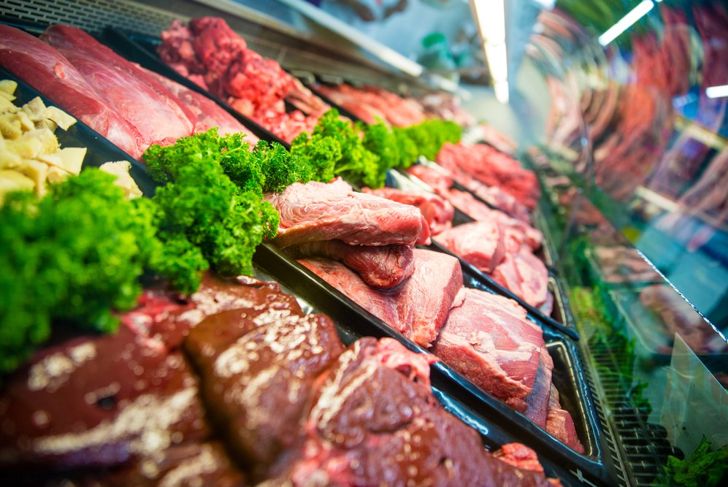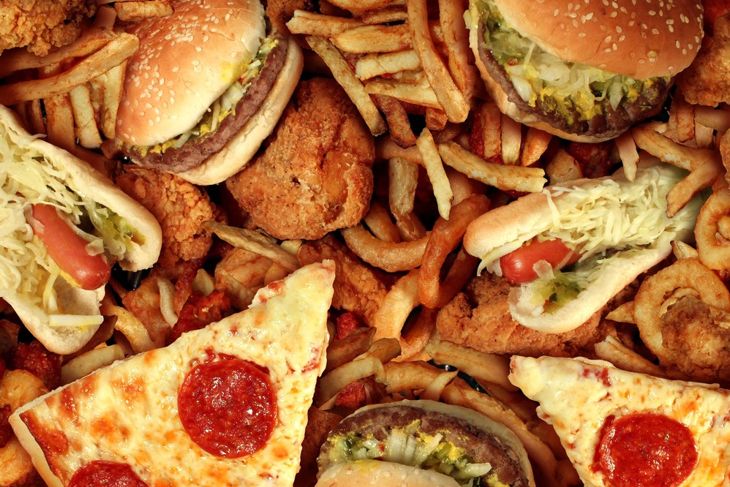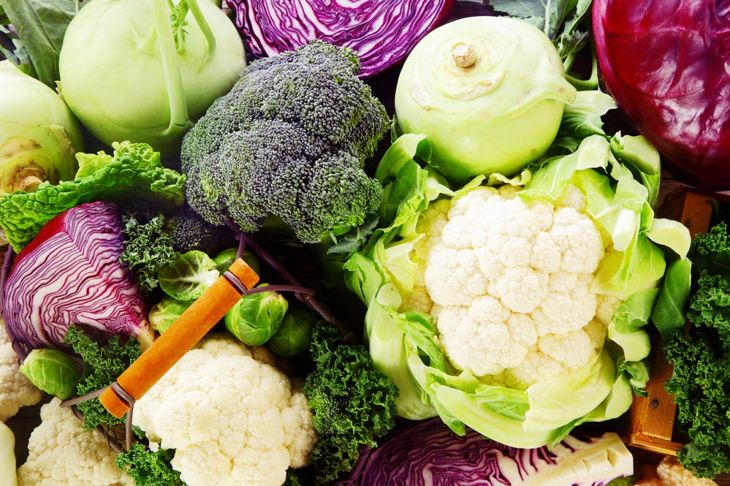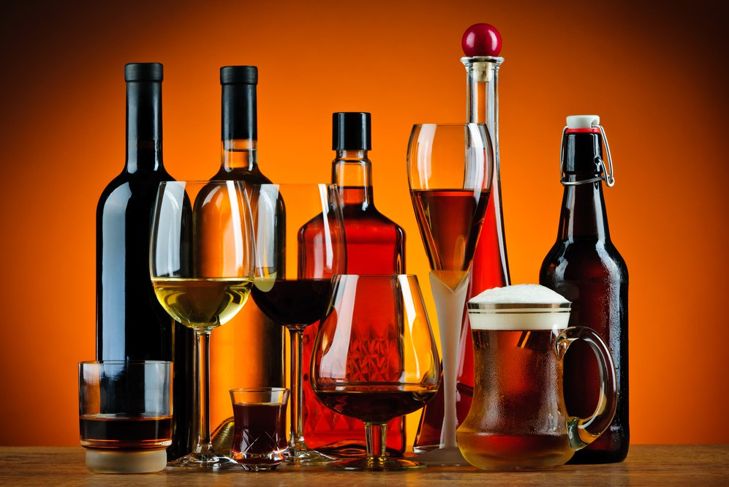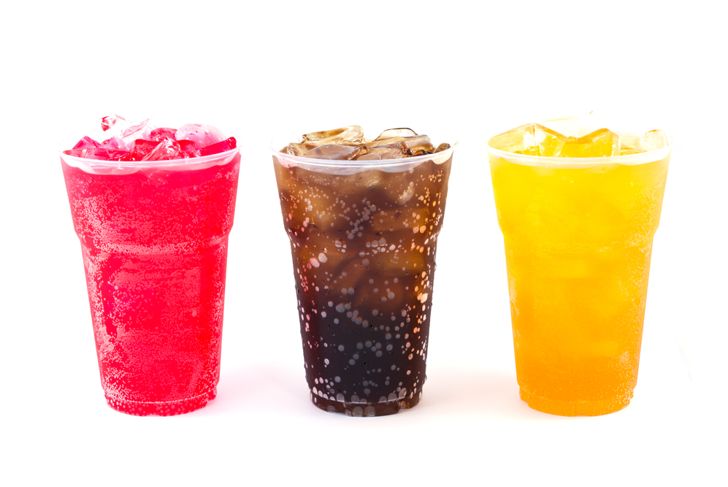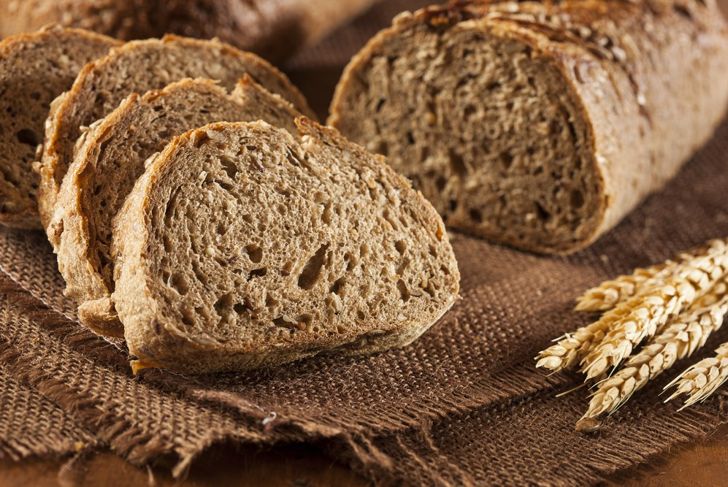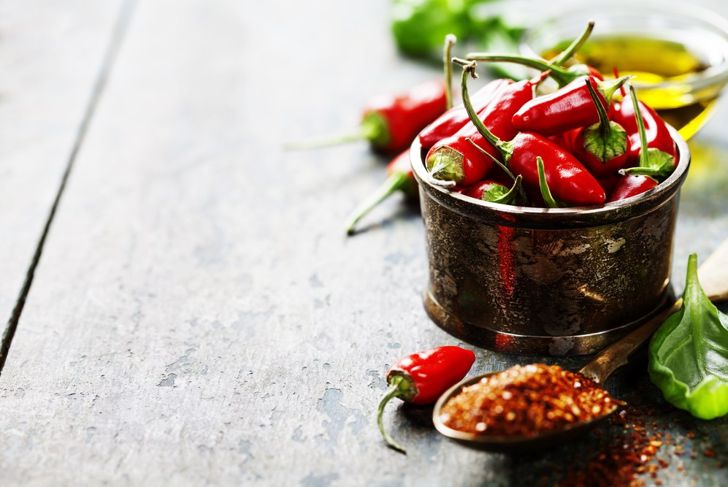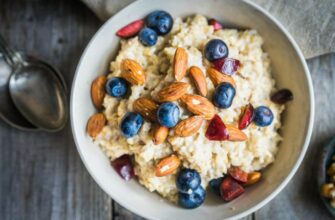Diverticulosis is a condition that typically affects the lower portion of the large intestine or colon. While the cause of diverticulosis is unknown, it’s most common in people over 40. Some people develop sac-like pockets called diverticula along the lining of the colon. When these diverticula get inflamed or infected, diverticulosis becomes diverticulitis. This illness can cause severe abdominal pain, bloating and gas, fever and chills, and abnormal bowel function. The development of diverticula is often linked to dietary habits. Avoid these foods to prevent diverticulosis and control symptoms of diverticulitis.
Red Meat
Those with acute diverticulitis should limit their consumption of red meat. Red meat is tough and difficult to digest. It moves through the bowels more slowly and will agitate an already stressed digestive tract. Red meat also causes constipation in individuals with fewer digestive enzymes. Those with chronic diverticulitis may incorporate some red meat into their diet. However, a Harvard study found that men who consumed the most red meat were more likely to develop diverticulitis than those who ate the least. However, red meat is low in fiber, a nutrient that is important for colon health.
Fatty Foods
Those suffering from acute or chronic diverticulitis should stay away from fatty foods. These foods move more slowly through the digestive tract and can cause constipation. They may also block the openings of diverticula thus provoking a diverticulitis flare-up. Diets high in fat also lack fiber for colon health. Not consuming enough fiber is linked with a higher risk of diverticulitis. So, it’s best to avoid fatty foods during and after an attack of diverticulitis.
Cruciferous Vegetables
During an acute attack, diverticulitis patients should avoid cruciferous vegetables such as cauliflower, broccoli, Brussels sprouts, kale, and cabbage. Cruciferous vegetables, especially when eaten raw, produce gas in the intestines. During an episode of acute diverticulitis, these vegetables may severely tax the digestive system due to their high fiber content. Individuals with diverticulitis should choose alternatives such as cucumbers, celery, zucchini, squash, and peppers. Raw vegetables of any kind should be consumed sparingly to avoid irritating the colon during an active case of diverticulitis. However, high-fiber vegetables are beneficial for colon health and for preventing future diverticulitis attacks when symptoms are not present.
Alcohol
Consuming alcohol is highly inadvisable for people with diverticulitis. Even in healthy individuals, alcohol strains the gastrointestinal tract. For those with diverticulitis, alcohol isn’t a good option. It can worsen the symptoms of diverticulitis, particularly the pain and bloating. It can also cause dehydration. Some research suggests that alcohol may increase the frequency of flare-ups.
Carbonated Beverages
Sodas and other fizzy drinks are best avoided if you have diverticulitis. Such beverages can cause bloating, thus worsening symptoms. During an active case of diverticulitis, stick to clear liquids initially. Good choices are broth and clear juices. Since people with diverticulitis should consume as much fluid as possible, a physician can suggest healthy options. Water, of course, is the most highly recommended beverage.
Nuts, Seeds, and Popcorn
For some time, medical professionals informed people with diverticulitis to avoid hard foods such as nuts, seeds, and popcorn, due to the difficulty some individuals have digesting these foods. Experts said the foods could stick to the colonic lining or become trapped in diverticula, exacerbating the condition. Today, doctors no longer prohibit these foods, as there is no real evidence of nuts or seeds causing flare-ups, and many believe a diet high in fiber — which is found in many seeds and nuts — could actually help people with diverticulitis. However, some medical practitioners still recommend avoiding high-fiber foods like seeds and nuts during or immediately after an acute flare-up.
Whole Grains
Many practitioners recommend people with diverticulitis stay away from whole wheat grains including whole wheat, bran, and rye when in the midst of an acute flare-up, as these food products are high in fiber. Some whole wheat grain products also contain nuts, which may not be good for those with acute diverticulitis. Also avoid whole-grain cereals such as wild rice, pasta, noodles, and brown rice in the midst of a flare-up. Those with diverticulosis, however, should choose whole grains. Their fiber can reduce the development of diverticulitis and promote good colon health.
Spicy Food
Spicy food can irritate the digestive tract. Therefore, it is best to avoid eating highly seasoned or hot, spicy foods that contain chili peppers during an acute attack of diverticulitis. Stick to blander foods.

 Home
Home Health
Health Diet & Nutrition
Diet & Nutrition Living Well
Living Well More
More